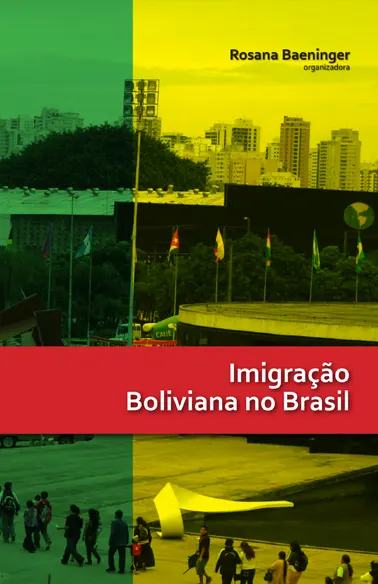Organizer: Rosana Baeninger
In the last decades of the late 20th century, Brazil reopened its doors to the debate on international immigration. At first, the focus was on the country as a sender of population to developed countries, and it was precisely in this context that Bolivian immigration was decisive in recognizing Brazilian society as a recipient of new contingents of immigrants. On the route of contemporary international migration, and in its links with international economic restructuring, Brazil has come to live with international emigration and immigration. The country's inclusion in the Latin American migration scene, as Baeninger's text points out, reveals the importance of Bolivia in bringing in new immigrants. In the case of Bolivian migration, the country has come to rely on the traditional and historic Bolivian immigration on the border, while at the same time it has seen a significant flow of Bolivian immigration to the metropolis of São Paulo. In this scenario, the 21st century brings the consolidation of population flows between Bolivia and Brazil; this consolidation translates into a greater diversity and complexity of the migratory phenomenon. In this way, this book seeks to bring theoretical-methodological elements that reconfigure the specificities and current characteristics of Bolivian immigration in the country from an interdisciplinary perspective.

